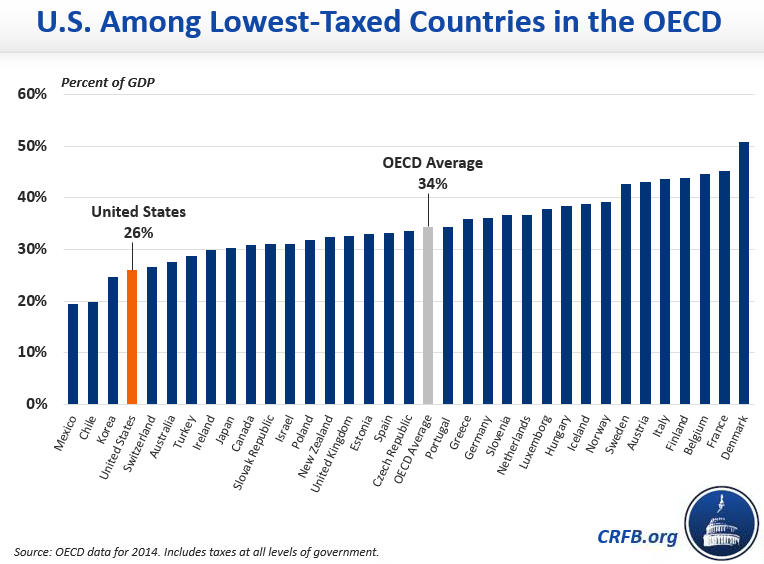Inspired by the above exchange between Scott Alexander and a commenter on the former’s blog, a common argument I see is that Americans are overworked and have little vacation time compared to Europeans. Indeed, Americans have fewer holidays compared to Europeans and take fewer days off:

As the narrative goes, this makes Americans more depressed or explains high rates of stress of Americans compared to other developed nations.
Regarding depression, America does not have appreciably higher rates of diagnosed clinical depression compared to Europeans despite less vacation time:

This notion of Americans having less vacation time as always being bad, has always struck me as confusing causality or overlooking obvious questions. Are Americans choosing to take fewer vacations, or are they overworked because they have no choice? Or is less vacation time a worthwhile tradeoff?
Perhaps Americans work more because the returns to work are higher, such as more pay and purchasing power, as I discuss in the article Why Americans Work So much? Perhaps Americans work a lot because they also earn a lot of money, and can spend or invest that money on toys, like Cybertrucks. Who needs more vacation when you can buy cool stuff?
Recent studies have also shown, contrary to popular belief or earlier research, that happiness does not peak at an income of only $75k/year, but is possibly unbounded. Additionally, Americans earn far more than their European counterparts, and pay much less in taxes. All of this creates an incentive to work more.

Also, there is the rise the in-between-economy, which describes consumption that does not involve having to actually physically go somewhere, but can be fitted in-between a busy work schedule (e.g. during lunch, idle time, commuting, after getting home from work, between meetings etc.).
This can include online shopping, socializing on dating apps or social networks, ordering food on Uber Eats, checking sports scores or placing a wager on an app while in traffic, binging on some TikTok or YouTube reels/shorts, watching episodes on Netflix, and so on. None of these involve having to go somewhere, but are enjoyable and contribute to the economy. So much of the economy seems to be centered around people squeezing-in short activities in-between their busy schedules.
Overall, I think there is more than meets the eye to this common narrative that Americans have less leisure time because they are overworked. I posit that they are choosing to work more, and then using apps to kill downtime or when getting home from work. The default explanation overlooks the role of incentives and choices.
